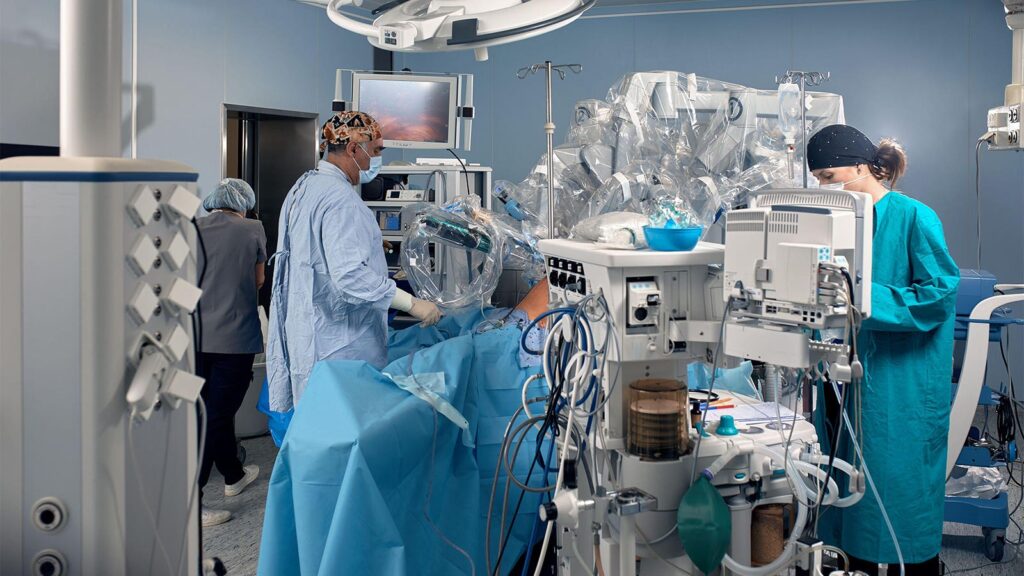Metabolic surgery became the first therapy associated with a reduction in incident cardiovascular disease and death among patients with obesity and obstructive sleep apnea (OSA), based on a retrospective cohort study.
Such patients who received metabolic surgery, also known as bariatric surgery, had a significantly lower cumulative risk of subsequent major adverse cardiovascular events (MACE) over a median follow-up of 5.3 years (27% vs 35.6% for a non-surgical control group; adjusted HR 0.58, 95% CI 0.48-0.71), reported Steven Nissen, MD, of the Cleveland Clinic, and coauthors.
All-cause mortality alone also significantly favored the patients who had undergone metabolic surgery (9.1% vs 12.5%; adjusted HR 0.63, 95% CI 0.45-0.89), as did heart failure (HR 0.30, 95% CI 0.21-0.45) and coronary artery events (HR 0.65, 95% CI 0.43-0.99), according to the MOSAIC study published in the Journal of the American College of Cardiology.
The study authors said their findings support current OSA guidelines recommending weight loss and lifestyle modifications in the absence of approved pharmacological therapies. “However, rather than focusing on lifestyle modification alone, treating obesity with more effective and durable methods may be required to improve cardiovascular outcomes and survival in patients with OSA and obesity,” they argued.
“Before the MOSAIC study, no therapy had been shown to reduce the risk of [MACE] and death in patients with sleep apnea,” Nissen stressed in a press release.
MACE, the study’s primary endpoint, was defined as first occurrence of coronary artery events (unstable angina, myocardial infarction, coronary intervention/surgery), cerebrovascular events (ischemic or hemorrhagic stroke, carotid intervention/surgery), heart failure, atrial fibrillation, and all-cause mortality.
Metabolic surgery was not associated with any reductions in cerebrovascular events and atrial fibrillation as individual endpoints.
However, in the subset of patients who had been administered a repeat sleep study, those who received metabolic surgery had significant improvements in their OSA severity and hypoxemia, Nissen’s group reported.
OSA is fairly common and especially prevalent among patients with obesity. The condition causes excessive daytime sleepiness and generalized fatigue; symptoms can be managed by positive airway pressure (PAP), oral appliances, and neurostimulation implants already on the market.
Whether weight loss can reduce the risk of MACE or death in this setting was a key question in MOSAIC.
Nissen and colleagues reported that the patients who received metabolic surgery lost an average of 33.2 kg (73.2 lb) after 10 years, while patients assigned to the nonsurgical control group lost 6.64 kg (14.6 lb). Average body weight was reduced by 24% and 4.7%, respectively (P
>>> Read full article>>>
Copyright for syndicated content belongs to the linked Source : MedPageToday – https://www.medpagetoday.com/pulmonology/sleepdisorders/110800
